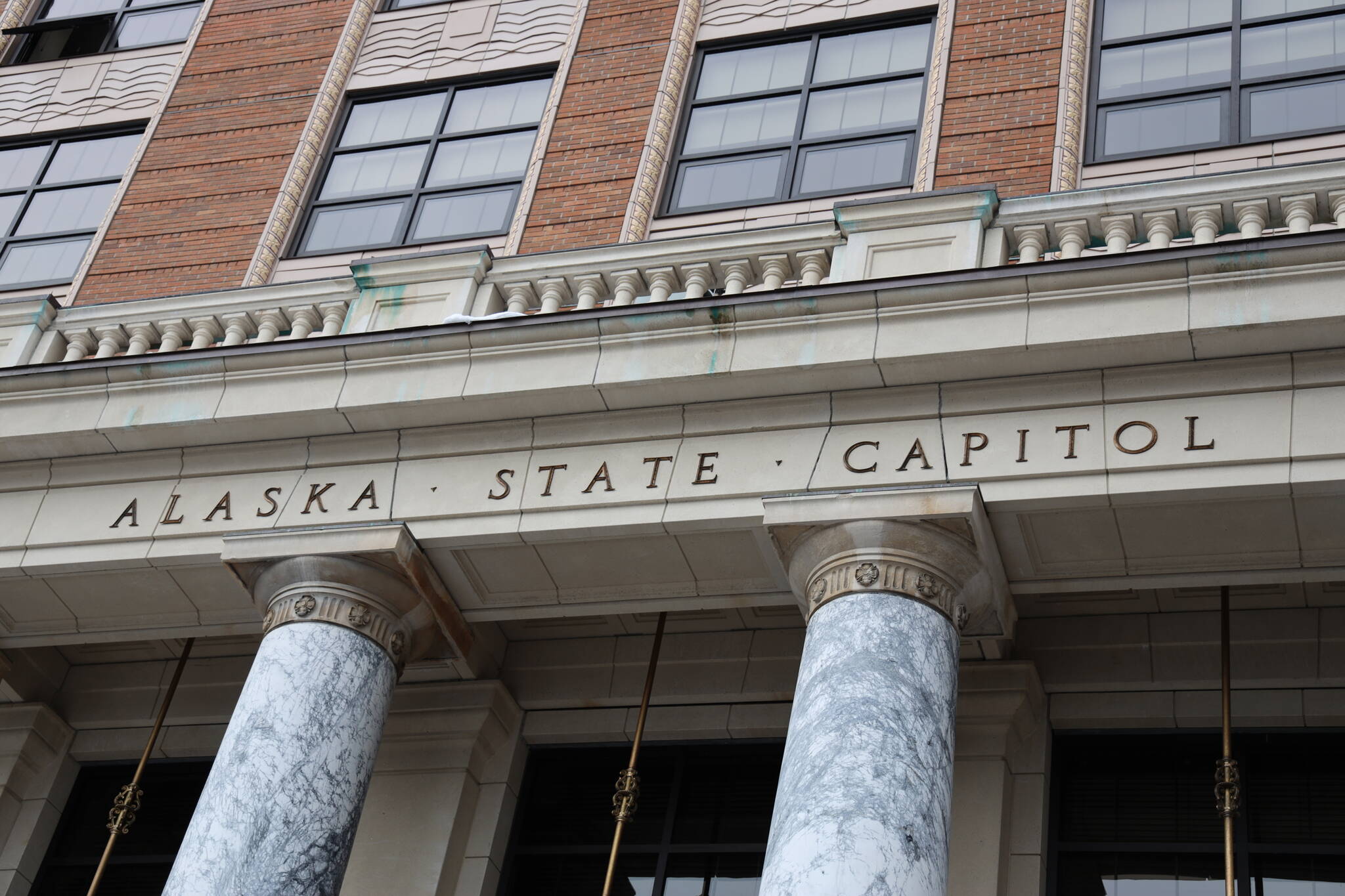A pay raise for Alaska’s executive branch leaders was unanimously rejected by the legislative branch, with some lawmakers saying paychecks for both branches should be considered if more money is at stake.
Raising the governor’s salary from the current $145,000 per year to $176,000 was recommended by the State Officers Compensation Commission, based on a 2% annual increase since the last raise in 2011. Similar increases would raise the lieutenant governor’s salary to about $140,000 and department commissioners — whose last increase was in 2015 — to $168,000.
The commission recommended no changes to legislative pay, which has remained the same since 2010.
Gov. Mike Dunleavy’s salary ranked 28th among governors in the U.S. in 2021, while the increased amount would have ranked 10th. In Alaska, his pay ranked 862nd among public sector employees in fiscal 2022 — behind the manager at Bethel’s airport.
The state’s top 10 earners included three investors from the Alaska Permanent Fund Corp., an investor for the Teachers Retirement System, three state troopers, a corrections officer in Bethel and the chief psychiatrist of the Alaska Psychiatric Institute, according to the Alaska Beacon.
The House rejected the increases by a 40-0 vote on Monday evening, following the Senate’s unanimous rejection last week. There was little discussion of the merits (or lack thereof) of pay raises for either the executive or legislative branches, merely an explanation that the raises would occur automatically unless the Legislature rejected them by March 25, which in reality meant lawmakers needed to pass a bill by Thursday due to the 15-day period the governor has to sign, veto or allow the bill to become law without his signature.
The governor’s office has not yet stated if he will sign the bill.
Some legislators, including Senate President Gary Stevens, a Kodiak Republican, are questioning the role of the commission — whose five members are appointed by the governor — due to their inaction on legislative salaries. He said this week legislation is likely to be introduced to adjust legislative and executive branch salaries separately from the commission process.
House Majority Leader Dan Saddler, an Eagle River Republican, said after Monday’s floor vote he doesn’t yet have a sense of whether his coalition would support changes the commission process.
Last year, the Legislature rejected a commission recommendation to increase legislative salaries to $64,000 a year instead of the current $50,400, but reducing per diem expenses to $100 a day instead of the current $307 per day to $100 per day, which would have resulted in an average of about $11,000 less in compensation.
• Contact reporter Mark Sabbatini at mark.sabbatini@juneauempire.com

